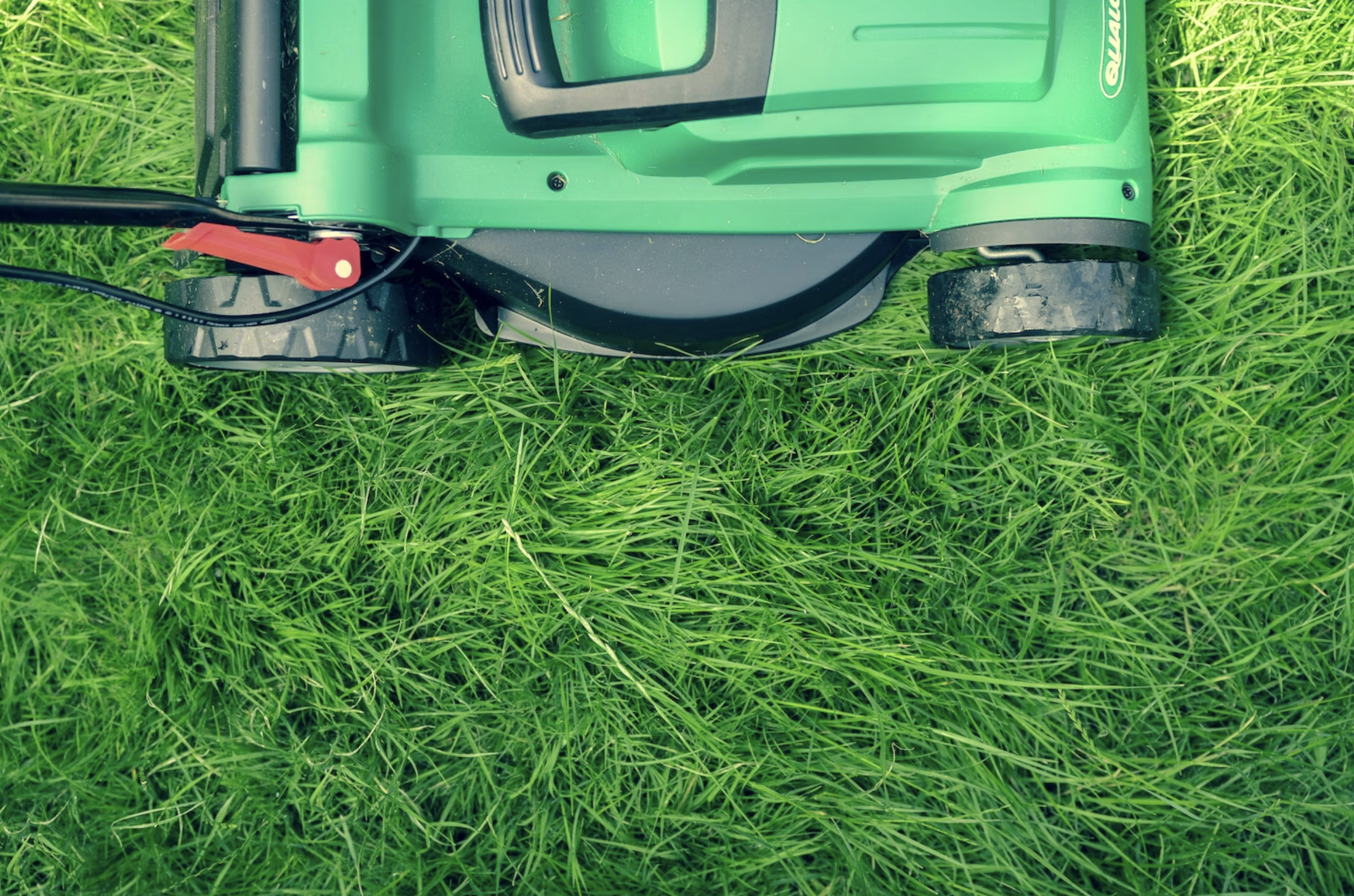5 Noisy Activities That Require Ear Protection
Exposure to loud noise, even just for short periods of time, is one of the most common causes of hearing loss and other auditory problems, such as tinnitus. Noise-related hearing loss can affect individuals at any age and, depending on its severity, may be permanent, which can harm your ability to communicate and perform day-to-day tasks. Listening to music through earbuds while engaged in noisy activities is not hearing protection. In fact, the music would need to be turned up louder than the noise and could subsequently damage hearing on its own.
To reduce your risk of damage, you should always use proper ear protection during these five noisy everyday activities.
Mowing the Lawn
Because mowing the lawn is such a routine chore, you might not even realize that it can be dangerous for your ears.
On average, motorized lawnmowers put out around 100 decibels of sound or more, which is well above what is considered a safe level. Without wearing proper ear protection for lawn mowing, repeated use can contribute to hearing loss, tinnitus, and other auditory issues over time. 
There is also a risk of ear damage from other noisy gardening tools, including leaf blowers, grass trimmers, and electric hedge clippers.
Working With Power Tools
Prolonged use of power tools is a major risk factor for hearing loss. Thankfully, health and safety regulations require the use of hearing protection on construction sites and in other workplaces where loud tools and machinery are present.
Even if you don’t work in such an environment, you should still protect your ears when using power tools for DIY and home improvement projects, as household tools like electric saws can produce noise over 100 decibels — far higher than the safe level of 70 decibels.
Attending Sporting Events and Concerts
Concerts are designed to be loud, so wearing ear protection during a show should be a no-brainer.
Sporting events, on the other hand, can be deceptively loud when you factor in a cheering crowd, music, sound effects, and announcements. Several notable football games in recent years have put out record-breaking sound levels of around 140 decibels, which is dangerously high and nearly double the established safe limit.
Operating Firearms
Most people don’t find themselves near gunfire very often, so the risk of firearm-related hearing damage is incredibly low for the majority of the population. However, if you shoot guns regularly at a firing range, while hunting, or while participating in clay shooting sporting events, it is extremely important to protect your ears.
On the lower end, some guns can create around 140 decibels of noise, while more powerful weapons can reach almost 200 decibels.
Enjoying Fireworks
Fireworks aren’t really a part of everyday life, but many people enjoy them at least a few times per year during New Year and Fourth of July celebrations, special events, and live shows. Even though firework displays are outdoors and often at a great distance, the explosions can reach noise levels of around 120 decibels, making it a smart move to wear proper ear protection for the duration of a show.
Children’s ears are especially sensitive to loud noises, so extra precautions should be taken when enjoying fireworks as a family.
Ear Protection FAQ
What are the different types of ear protection for lawn mowing and other noisy activities?
Luckily, there are many varieties of ear protection devices available, so you have several options for keeping your hearing safe during common activities like mowing the lawn or using power tools. Expandable foam plugs, pre-molded reusable plugs, and sound-attenuating earmuffs are all good options.
Although some hearing aid styles offer noise-canceling features, it’s still recommended to use devices specifically designed to reduce hazardous noise instead.
How do I choose the right ear protection for my needs?
In general, deciding on the right pair of ear protection devices largely depends on your personal preferences. Since you may be wearing them for an extended period of time, your devices should be comfortable and easy to use. You should also make sure that they fit your ears properly so that they can effectively and thoroughly block out harmful noise and reduce your risk of damage.
How do I properly wear and adjust ear protection?
Ear protection devices vary in style and function, so it’s important to learn a little bit about yours to ensure that you’re wearing them properly.
Carefully follow the directions that come with your devices and test them out before using them around loud noise. You should also learn the decibel range your devices are designed to handle and consider upgrading your ear protection or doubling up on your devices (such as wearing earmuffs on top of ear plugs) if needed.
Contact Associated Hearing Professionals to Learn More About Hearing Protection
Getting in touch with an experienced audiologist is the best way to get examined for signs of hearing loss and to learn more about protecting your ears from dangerous noise. At Associated Hearing Professionals, our team of experts has more than 70 years of combined experience and provides St. Louis-area patients with comprehensive hearing tests and hearing aid services.
To schedule an appointment and learn more about how you can protect your ears against loud noise, fill out our online contact form today.
